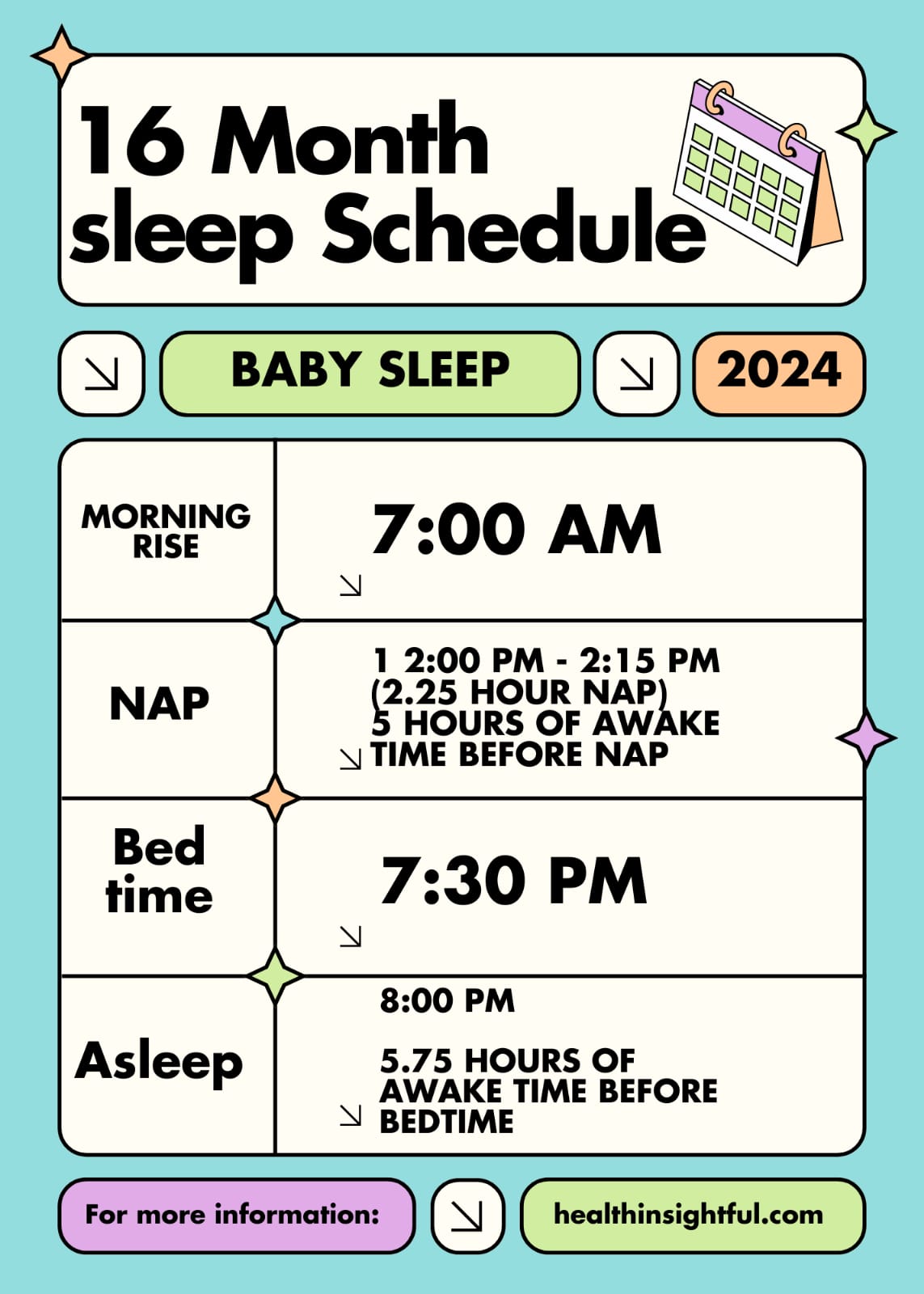Sleep regression is a typical phase in which a child has difficulty falling asleep and cannot continue their previous sleep pattern. They also frequently awaken during naps and night sleep, which can be exhausting and distressful for parents.
Are you struggling with your baby’s 8-week sleep regression? This sudden sleep change is expected at this age. Many parents are confused about why their infant suddenly refuses to sleep or wakes up more frequently than usual. This temporary regression period can be handled with a few techniques; modifying bedtime routines and providing a calm environment will help your baby get through this regression.
Sleep regression is related to your baby’s developmental phase. Babies are becoming more conscious and aware of their surroundings at this age. This article will discuss the causes, the period it lasts, strategies, and tips to handle this situation. Read this article if you need proper guidance to tackle your baby’s sleep regression.
What is 2-month-old sleep regression?
It is the period in which toddlers face difficulty in falling asleep. They could not continue their previous sleep habits and develop sleep resistance. It occurs for various reasons, including growth spurts, developmental changes, teething, separation anxiety, and environmental factors. The most common sleep regressions in children are in the age groups of 4 months, 8–10 months, 12 months, 18 months, and two years old
How long does the 8-week regression last?
Sleep regression usually occurs at 8 to 10 months due to hormonal and physiological changes. Babies at this age are learning and practicing new things. It usually lasts for a few days in some children, but in some, it lasts 2 to 4 weeks. It is guaranteed that an 8-week sleep regression will not last forever. This is a challenging time for toddlers and parents, but it’s a regular part of their development. Accepting that this phase is temporary can help parents to handle it more smoothly and efficiently.
What happens during the 8-week sleep regression?
Melatonin is a sleep hormone responsible for falling asleep and regulating the sleep cycle. Before eight months, the baby utilizes the mother’s melatonin, which he receives during birth. After eight months, the mother is given melatonin, which starts decreasing. Babies start synthesizing their melatonin. This hormone is produced only in the dark state. If your baby sleeps in a bright room, melatonin will not be produced.
Change your room’s environmental settings to improve sleep. Another point is that when baby grows, they become more aware of themselves and their surroundings. The world is becoming more incredible for them, and they react abruptly to various stimuli and activities. This also disturbs their sleep pattern.
Will my baby’s sleep go back to “normal”?
Yes, the baby’s 8-week sleep regression will return to normal once he starts producing melatonin. As they mature, their sleep patterns will also mature. Sleep regression is a temporary state, and it will move out soon. It would help if you did not rush to settle it down. It will take some time, so be patient. Your toddler will regain normal and peaceful sleep with your support, cooperation, and love.
8-week sleep regression signs and symptoms
Struggling with 8-monthsleep regression? Following are signs of your 8-month baby’s sleep regression
- Increased Night Wakings
- Shorter Naps during the day
- Difficulty Falling Asleep
- More Frequent Feeding
- Restlessness and irritability
How can I help my baby through this 8-week sleep
Sleep environment
Sleep regression occurs mainly due to the melatonin hormone, as mentioned earlier. So try to keep your toddler’s place dark and quiet so that melatonin, a sleep hormone, rises in level, enabling the child to sleep longer. Use a black curtain to ensure no light enters the room from outside during the day naps. There should be no noise from electronic devices inside the room because it will disrupt a child’s sleep.
Establish a Consistent Bedtime Routine
Establishing a consistent bedtime routine acts as an alarm for your toddler that it’s time to leave activities and go to bed. It is challenging to be consistent in following a bedtime schedule. Sometimes, you may fail to keep your baby in bed. At that point, you should know what to do. You should use various soothing activities, including messages, warm water baths, stories, and singing songs. You should also wear relaxing and soothing clothes for your child.
Feeding:
Waking to feed again is also an essential cause of your 8-week sleep regression. In a child, the stomach is tiny, the size of a cherry. So, he consumes only a small amount of milk and needs frequent feedings. When he grows and grows at 8- months, his stomach size also increases. It shows that their need for more milk has increased. Small milk will satisfy their need for a short amount of time. If your 8-year-old baby is still consuming small amounts of milk, it means he has not developed the habit of consuming milk according to his needs. He had developed a habit of snack feeding.
This small milk will only satisfy the child’s hunger for a shorter period. He will wake up during naps or sleep to get milk to meet his nutrition needs. Suppose you think taking small feeds suits your baby and don’t want to change this routine. Then remember that when your baby wakes up during naps, feed him and then fall asleep. If you change this habit, encourage your baby to consume a full feed regularly.
Managing Daytime Naps and Sleep Patterns
It plays an essential role in sleep management. If your baby suffers from sleep regression, ensure that the baby takes naps comfortably and for a significant period. In the first 12 months, baby sleep varies. They can stay awake for 1.5 hours initially before naps, but when they reach eight months, they can awake for 2 hours. If your child still takes a nap every 1 to 1.5 hours, this indicates that they may be undeterred. They are not tired as they may not engage in some physical activities. So that’s why they don’t sleep for a longer period. Try to increase your baby’s awake time so they will be tired and able to sleep longer.

Implementing Gentle Sleep Training Techniques
It helps toddlers develop and adjust to healthy sleep patterns. Various sleep training methods include the fiber method, chair, cry it out method, and pick up put down method; these will help your toddler fall asleep without assistance. Practicing or grasping these methods for your child can sometimes be challenging, but they will go through it efficiently with your support and love. Adapt these self-soothing techniques according to your baby’s temperament in order to pass through your 8-week sleep regression.
Consistency
When your baby is not sleeping, it creates distress in parents. Try to show consistency in the child’s bedtime routine. Reward your child if he follows your guidelines. This will also boost their confidence in following healthy sleep habits. It will be very tough and challenging for you and your parents, but you have to put in effort to provide sound sleep to your child. This phase will soon wipe off what you need to be patient and consistent.
Conclusion
The 8-week sleep regression is an essential but transient stage in your baby’s growth. This phase becomes a great challenge for babies and parents due to frequent waking during sleep and disturbed sleep. It is characterized by physiological and hormonal changes (melatonin) in your 2-year-old baby. You can manage this period of frustration and stress by developing a consistent sleep routine, a calm environment, self-soothing techniques, and feeding routines.
If your baby is still suffering, then look at another factor that contributes to keeping your child in bed for sleep. Knowing this phase is temporary and lasts 1 to 2 weeks in some children or 2-3 months in some can soothe mothers’ discomfort and stress. Consult a healthcare professional if sleep regression lasts for a longer time.










1 Comment
Nice Content.. thanks For sharing